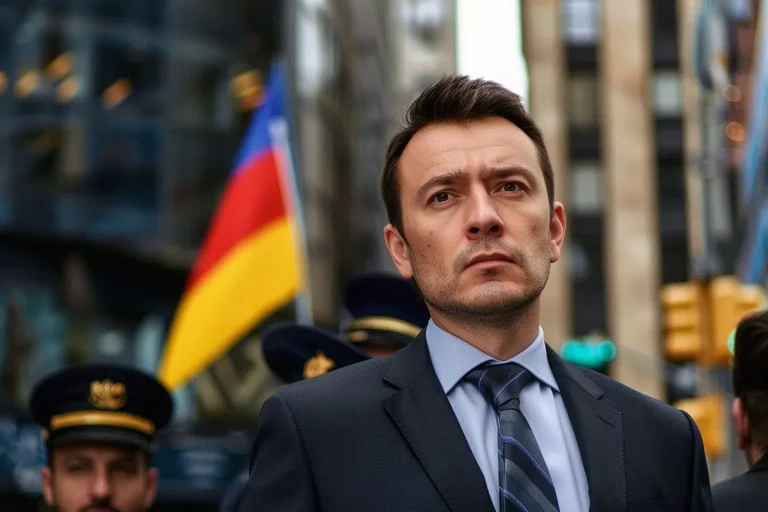Ecuador is on the brink of a pivotal moment as more than 13 million citizens prepare to cast their votes in a referendum primarily focused on security concerns. The outcome of this referendum could significantly influence the trajectory of President Daniel Noboa’s administration and his tough stance on crime.
Since assuming office last November, Noboa, the youngest president in Ecuador’s history and scion of a prominent banana dynasty, has made combating rampant crime a cornerstone of his agenda. Vowing to rein in the violence that has plagued the once tranquil nation, Noboa has taken decisive action, including declaring a “war” on over 20 criminal gangs labeled as “terrorists.”
The referendum, comprising 11 questions, is set to address critical issues ranging from constitutional amendments to measures aimed at bolstering law enforcement capabilities. Key proposals include granting the military authority to collaborate with police in combating organized crime, permitting the extradition of Ecuadorian nationals, and advocating for harsher penalties for violent offenses.
Ecuador’s descent into violence has been starkly evident in recent years. Once renowned as an “island of peace” nestled between Peru and Colombia, the country’s strategic location has made it a battleground for drug cartels vying for control over lucrative trafficking routes. Escalating turf wars and drug-related violence have transformed Ecuador’s landscape, with murder rates skyrocketing from 5.8 homicides per 100,000 people in 2016 to a staggering 25.6 by 2022.
Noboa’s predecessor, Guillermo Lasso, called for a snap election last year in response to mounting public discontent over the deteriorating security situation. Noboa capitalized on this sentiment, clinching victory in a runoff election with a tough-on-crime platform that resonated deeply with voters, particularly following the assassination of anti-corruption candidate Fernando Villavicencio.
In a sudden and dramatic twist shortly after assuming office, Noboa announced a state of emergency across the nation in response to the escape of the infamous gang leader Adolfo Macias, alias “Fito.” Despite deploying a substantial number of law enforcement officers in an attempt to capture Fito, the government’s endeavors were unsuccessful. Consequently, Noboa heightened his rhetoric by proclaiming an “internal armed conflict” and directing Ecuador’s military to eliminate criminal factions.
The referendum’s significance extends beyond security matters, encompassing proposals to address labor laws and international arbitration for investment disputes. However, it is Noboa’s uncompromising stance on security, epitomized by the recent raid on the Mexican Embassy to apprehend former Vice President Jorge Glas, that has drawn international attention and condemnation.
The embassy raid, conducted under the pretext of Ecuador’s security crisis, elicited sharp rebukes from Mexico and other Latin American nations, prompting the severance of diplomatic ties. Despite facing international backlash, Noboa remains steadfast, asserting that exceptional measures were necessary to prevent a convicted criminal from evading justice.
Nevertheless, Noboa’s administration is not without its challenges. An ongoing energy crisis, exacerbated by dwindling reservoir levels and characterized by nationwide power cuts, has further strained public patience. Noboa’s attribution of the crisis to sabotage has been met with skepticism, raising questions about his administration’s handling of critical infrastructure issues.
The nation stands at a crossroads as Ecuadorians prepare to cast their votes in the upcoming referendum. With the outcome poised to shape the country’s political landscape for years to come, citizens are faced with a weighty decision that will determine the trajectory of Ecuador’s future.


